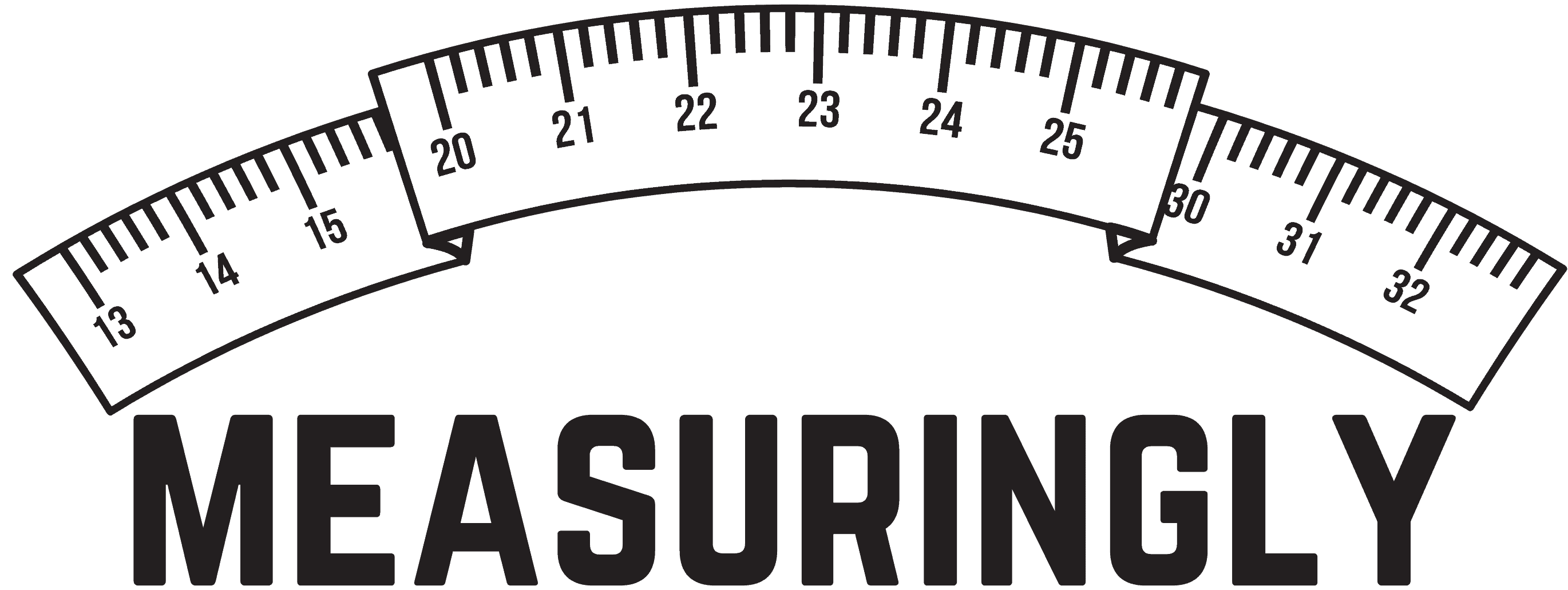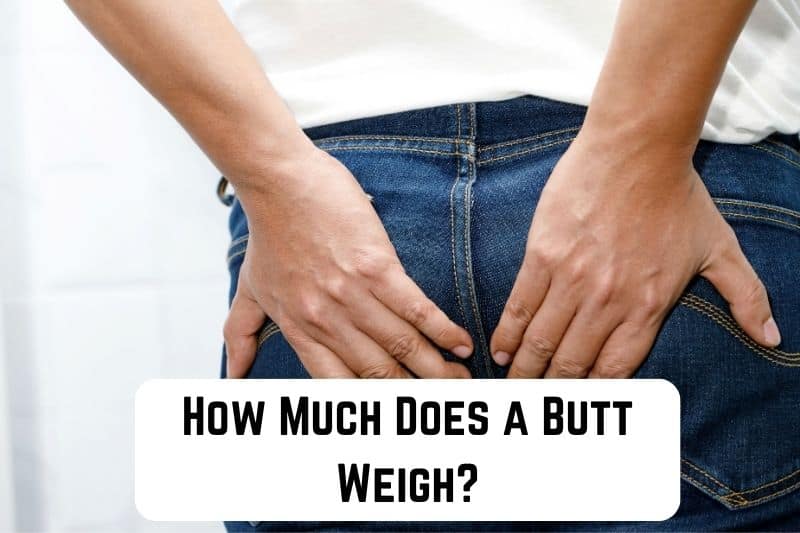Have you ever wondered how much a butt weighs? You’re not alone! This seemingly silly question has been on many people’s minds, and today, we’re here to explore this topic further.
Weight can vary greatly from person to person, and the same goes for our derriere. Factors such as muscle mass, fat distribution, and overall body shape play a significant role in determining the weight of your buttocks. Keep reading to understand better and maybe even put your curiosity to rest.
The average weight of a single buttock ranges from 2.5 pounds (1.13 kg) up to about 4 pounds (1.81 kg). That means both buttocks together represent around 5-8 pounds (2.26-3.63 kg) of your body weight.
Measuringly.com
Average Weight of a Buttock
Comparative Measurements
When you want to know the average weight of a buttock, you’ll find there isn’t a definitive answer since the weight can depend on various factors such as age, body composition, and genetics.
However, studies suggest that the average weight of a single buttock ranges from 2.5 pounds (1.13 kg) up to about 4 pounds (1.81 kg). That means both buttocks together represent around 5-8 pounds (2.26-3.63 kg) of your body weight.
While knowing the average weight may be interesting, it’s important to remember that individual differences matter and that a healthy body is more than just a specific number on a scale.
Gender Differences
Men and women tend to have different body compositions, which can affect the weight of your buttocks. Women generally have a higher percentage of body fat, which can lead to a slightly heavier buttock.
For example, on average, women may have a buttock weighing between 3 and 4.5 pounds (1.36-2.04 kg), whereas men might find their buttocks weighing between 2 and 3.5 pounds (0.91-1.59 kg). However, these differences are not set in stone and can vary greatly between individuals.
In summary, the average weight of a buttock can differ based on factors like body composition and gender. Focusing on a healthy lifestyle rather than specific numbers related to your body weight is essential. With a friendly reminder to appreciate and embrace your unique body, you’re on your way to a healthier and more fulfilling life.

Factors Affecting the Weight of Your Butt
Genetics
Your genetic makeup plays a significant role in determining the shape and size of your butt. Genes inherited from your parents determine the storage and distribution of fat in your body. Some people naturally have more fat in the buttocks area, while others have less.
Muscles vs Fat Tissue
Your butt is composed of both fat tissue and muscles, with the gluteus maximus being the largest muscle. The balance between these two components influences the weight and appearance of your butt. A muscular butt weighs more than a less-toned one due to the density of muscle tissue.
Diet and Exercise
The food you eat and your level of physical activity contribute to the overall weight of your butt. Consuming high-calorie foods may eventually lead to an increase in fat storage in your body, including the buttocks.
On the other hand, regular exercise, especially targeted workouts like squats and lunges, can help build and tone the muscles in your buttocks.
Age and Metabolism
As you age, your body undergoes various changes that can affect the weight of your butt. Metabolic rates typically decrease with age, leading to a potential increase in fat storage. Hormonal changes, particularly in women, may shift fat distribution to the hips and buttocks.
Remember, several factors determine the weight of your butt and everyone’s body is unique. While genetics may play a key role, adopting a healthy lifestyle through diet and exercise can help influence the weight and appearance of your buttocks.
Can You Change the Weight of Your Butt?
Yes, you can change the weight of your butt through various methods such as exercise, diet, and cosmetic procedures. Let’s explore each of these options in more detail.
Exercise and Weight Training
Incorporating specific exercises into your workout routine can help you sculpt and tone your butt muscles. To increase the size of your gluteal muscles, focus on exercises like squats, lunges, and deadlifts. These compound movements target multiple muscles, making them great for overall muscle development.
For a more targeted approach, perform exercises like glute bridges and donkey kicks, which specifically engage the gluteal muscles. Remember to increase the weight or resistance as you progress to stimulate further muscle growth.
Diet and Weight
Diet plays a pivotal role in changing the weight of your butt. If you want to gain weight in the butt area, consuming more calories than you burn will result in overall weight gain. Prioritize protein-rich foods like chicken, lean meat, fish, eggs, and legumes to aid in muscle recovery and growth.
If you want to lose weight in your butt, you’ll need to create a calorie deficit by consuming fewer calories than your body requires. Focus on nutrient-dense, low-calorie foods that provide important vitamins and minerals, such as fruits, vegetables, whole grains, and lean protein sources.
Cosmetic Procedures
If you’re considering a more immediate method to change the weight of your butt, cosmetic procedures like a Brazilian Butt Lift or gluteal implants might be an option. A Brazilian Butt Lift involves fat transfer from other areas of your body to your buttocks, while gluteal implants utilize biocompatible material to enhance your butt’s size and shape.







